Next Topic
Select SDGs to find out how we are taking action in support of the UN Substinable Development Goals
2022 ISRAEL CHEMICALS LTD. | ALL RIGHTS RESERVED

ICL’s holistic approach includes a Sustainability Index that evaluates the environmental impacts of new potential products during the R&D process(such as bioaccumulation, toxicity, etc.). Products that meet one of the categories defined as “no go” are halted and are not commercialized. During the use phase, clients are counseled by ICL on the best practices for using our products with minimal environmental impact.
This approach is part of ICL’s extended product responsibility which is being implemented also with regard to climate impacts and GHG emissions. As ICL explores its value chain (Scope 3) GHG emissions, products and the impact they have during the use phase are a particular point of interest.
By 2021, ICL invested over $100K in its products' Carbon Footprint assessment.







A low carbon footprint is set to make Polysulphate a fertilizer of choice for farmers carrying out carbon counting on their enterprise and wanting to lower their carbon footprint.



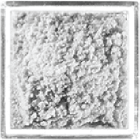
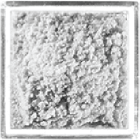

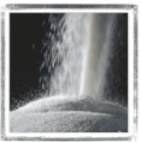
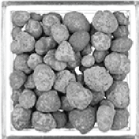

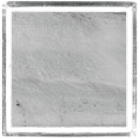











This assessment was undertaken on the basis of the production run data. Amfert operations amend inputs on a regular basis that results in a variety of products and contents of product types. In total 54 products had carbon footprints completed from a total of 243 entries. Some products have multiple production runs but it is worth noting that the input materials are not standard. Therefore, to calculate carbon footprints averages have been used and attention placed on the top 5 products for the operations.

